I held the small catechism book in my lap and traced the letters of its title with my fingertips. The bumpy texture of the cardstock cover reminded me of the feel of braille, and I pleaded with God that the words I had obediently highlighted in pink would help me see the truth. I kept my thumb on the first page, constantly flipping the booklet open and closed because the wording of each question and answer was awkward. My mind struggled to understand how these words were supposed to help me in my faith, so I simply strung them together side by side, like a puzzle I’d understand when all the pieces were snapped together at the end. I repeated the questions and answers over and over again, like a prayer that could get me to heaven:
Q.1. What is man’s primary purpose?
A. Man’s primary purpose is to glorify God and to enjoy him forever.
Q.2. What does the Bible primarily teach?
A. The Bible primarily teaches what man must believe about God and what God requires of man.
Q.3. What is God?
A. God is a Spirit, Whose being, wisdom, power, holiness, justice, goodness, and truth are infinite, eternal, and unchangeable.
Instead of learning who God is behind these theological concepts, I simply committed the words to memory through repetition, knowing I’d only be asked to recite them correctly in Sunday school — not to understand them.
This was my spiritual education in my youth group and college days, gathering and hoarding knowledge. And eventually, like a sheep without a shepherd, I regurgitated what I knew and fed it to the youth group students who came after me, faithfully following in the footsteps of those before me.
My prematurely formed theological knowledge became the foundation on which all my beliefs were grounded. It was the soapbox on which I’d stand to look down on anyone I deemed unenlightened. It was proof that I was wiser than my peers, who had the audacity not to care. It became the ten-foot pole I used to measure people’s worthiness, including my own, and I was thoroughly disappointed in all of us whenever we didn’t meet the standard.
I remember the intensity of those days and how exhilarating and powerful it felt to know so much. Even now I can almost smell the acidity of the thick paper from that sturdy little booklet, and I can instinctually recite what the chief end of man is. I was shaped by those catechisms, by the teaching and culture of my church at that time. And while I’m grateful for what I was taught and for the pastors and teachers who passed on that knowledge to me, I’ve come to realize that not everything I learned was good and right or even true. I’ve had to live through the consequences and take responsibility for the ways that ingested theology shaped the way I saw myself, how I treated others, and what I thought about the rest of the world.
My theology has changed and expanded, re-formed again and again over the years. I’ve learned to sift through everything I was taught, to examine it in sober judgment, and see if it holds true not just for the elite but for everyone. I’ve learned that knowledge without understanding builds a flat, often unlived faith that lacks nuance and grace for self and others. And though knowledge can be good in and of itself, I’ve learned that the way we use it, why we believe it, and how we live it are what can lead to wisdom.
Recently, my husband and I bought and set up three bookshelves in our room to better organize the (possibly unnecessary) plethora of books we’ve accumulated over our lives. I began the satisfying work of sorting them, perfectly lining up the spines in just the right way, and tossing the ones I didn’t need anymore into a donation box. When I got to the stack of books I had read during those formative years growing up, I paused. I thought about the ways they had been both helpful and harmful and how much fuller my library had become since I had read them.
I decided to keep them on their own shelf as a reminder of where I’d come from while acknowledging that so much of life and faith isn’t clear-cut and categorical the way I’d thought it was. Instead of spouting knowledge as a way to position myself, I now try to take things in more mindfully, chewing on the information slowly and deliberately, seeking to understand more deeply. I’ve become comfortable with telling people, “I really don’t know the answer,” and letting uncertainty hang in the air. I trust that wisdom will come not because I amass knowledge but because God will help me understand what I need to learn.
God, thank You for not expecting me to know everything in order to know You. But I also recognize that in order to know You, I need to understand more. Help me digest what I read in Your Word and what I learn about You from others through books, sermons, podcasts, or my community. Let what needs to sink in, sink in, and let everything else float away according to Your wisdom for my life. Amen.
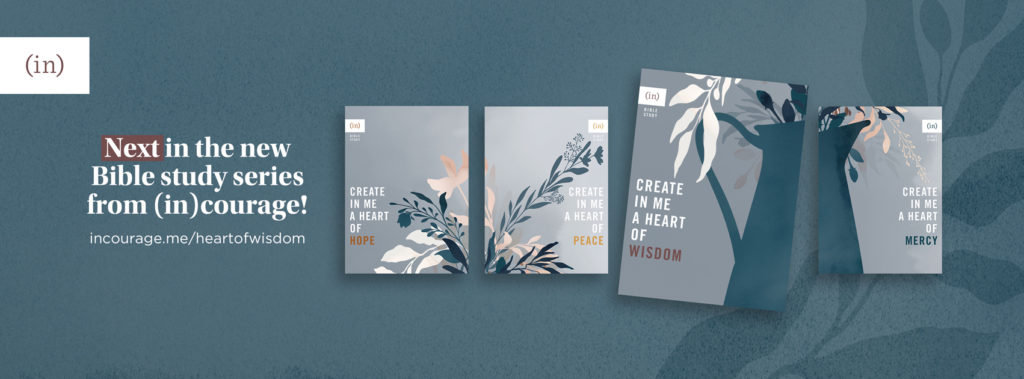 Isn’t wisdom just what we all need to seek right now? (Raising my hand high!)
Isn’t wisdom just what we all need to seek right now? (Raising my hand high!)
That’s why I’m so excited to share with you Create in Me a Heart of Wisdom.
It’s the third in our series of four transformational Bible studies. If you loved Heart of Hope and Heart of Peace, you’ll love this! But you can also just jump right into Heart of Wisdom, which is now available wherever books are sold, including:
This Bible study was heart-and-life-changing to write, and I believe it’s going to help you encounter God and fall in love with His Word in fresh ways too.
Get your copy now because our online Bible study started THIS WEEK! (I can’t wait to talk together about all things wisdom and Jesus on Thursday!) FIND ALL THE ONLINE BIBLE STUDY DETAILS HERE. And be sure to SIGN UP so we can send you the first week of the Create in Me a Heart of Wisdom + a printable Scripture page for FREE!
Join the online study and let’s seek hearts of wisdom — together.
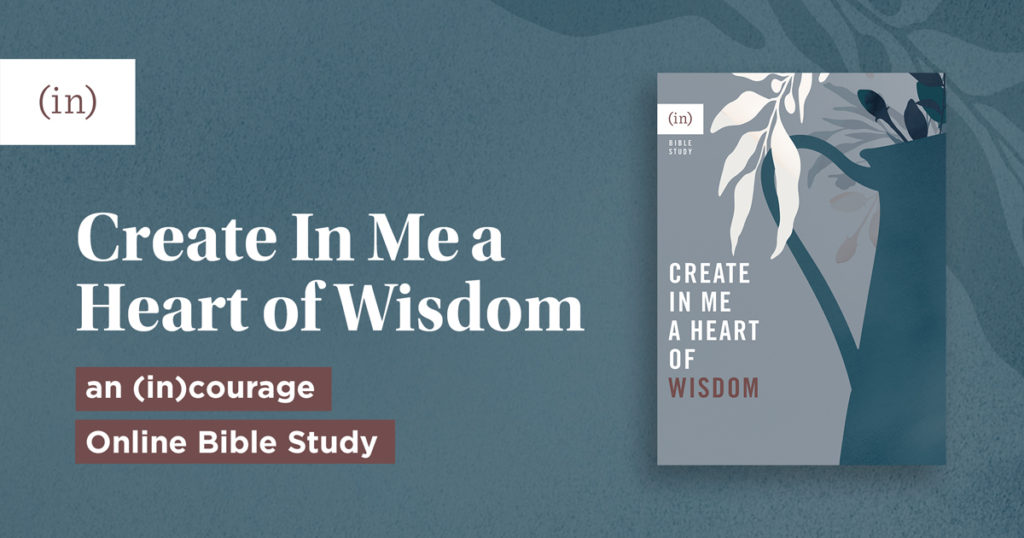


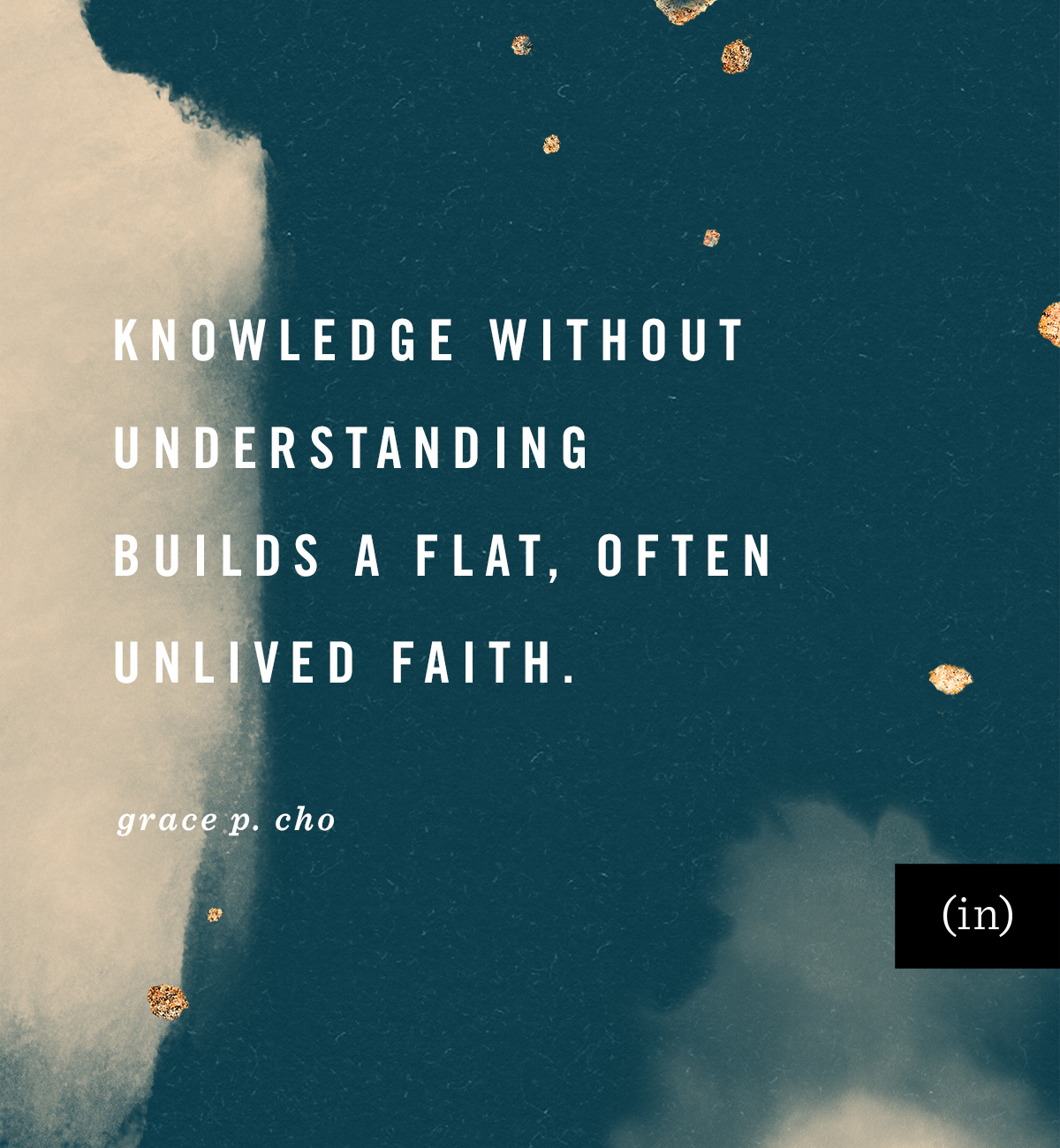
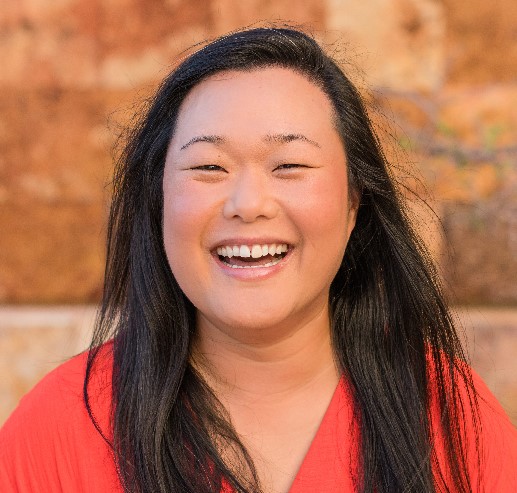

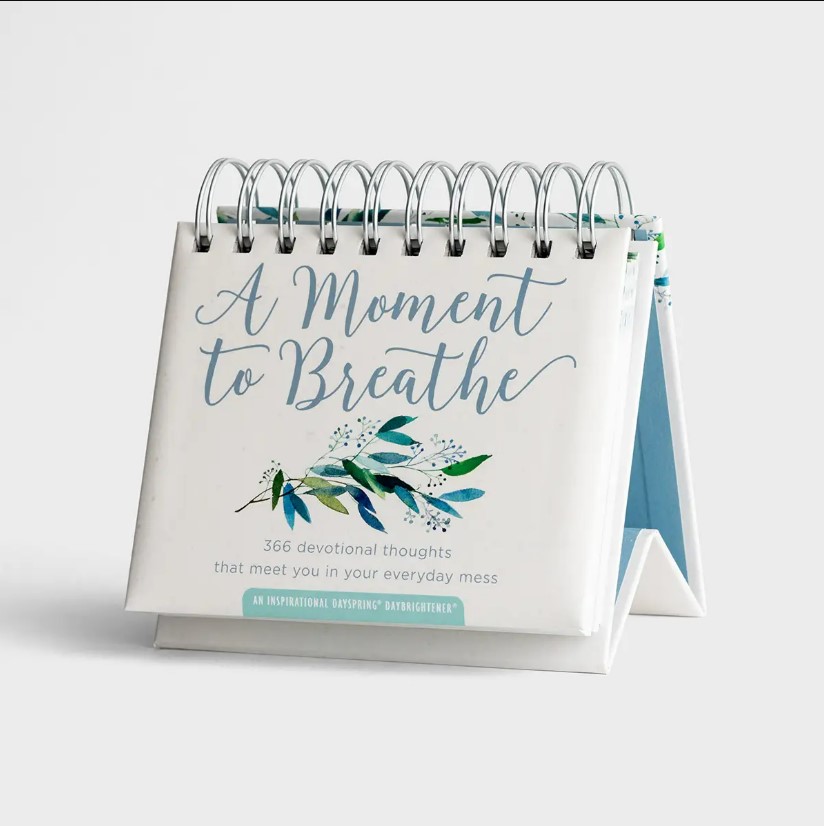

I am really enjoying this Heart of Wisdom study. This is right on point to what my husband and I are dealing with right now. Thank you.
I understand having had a similar education growing up. It is helpful to me knowing that I am not alone in this journey.
Thank you Grace for the wisdom you shared. Your spot on prayer at the end is encouraging.
Three years of Lutheran confirmation classes…..I do find that I miss repeating the creed in our non-denominational church.
Grace,
I never really understood who or what God is growing up. It wasn’t until I started going to a Christian church that things started to click. The pastor would often recite Acts 2:38 Repent & be baptized everyone of you for the remission of your sins. That got me thinking that maybe I wasn’t baptized (dunked under water). So on a Wednesday night I literally said the words “I believe in Jesus Christ as my Lord and savior. I believe that Jesus died for my sins, and rose again. I believe in God the Father, God the son & the Holy Spirit.” Then I got baptized. Thanking God for a great pastor who passed on knowledge & wisdom.
Blessings 🙂